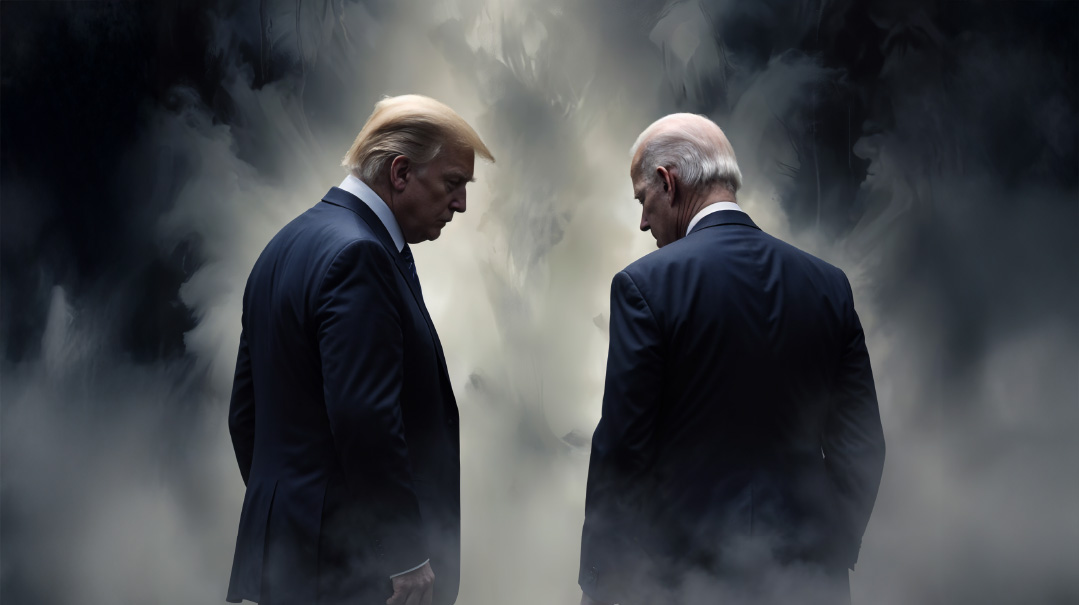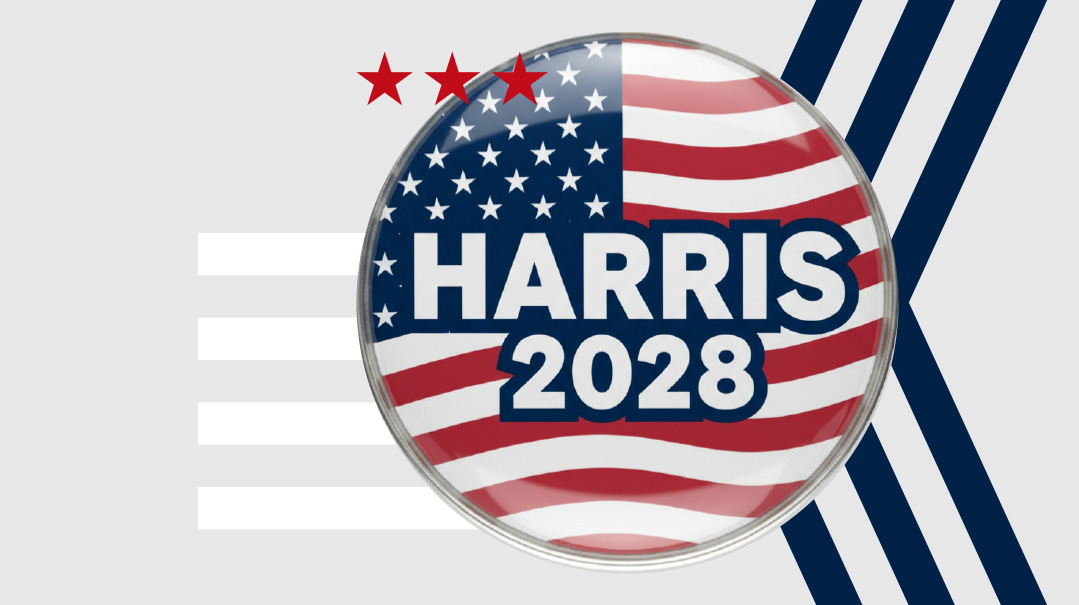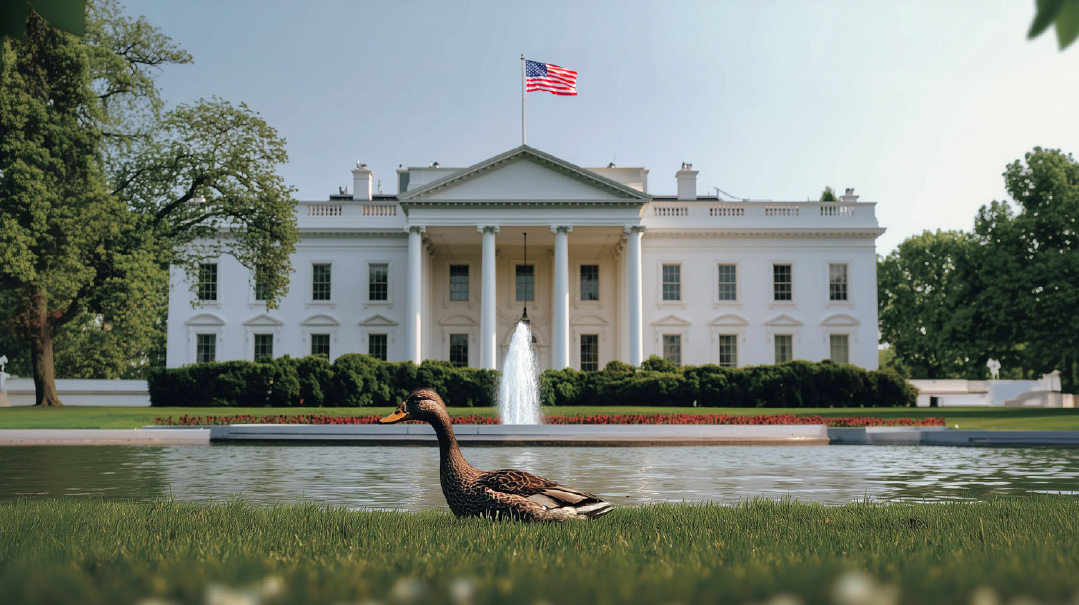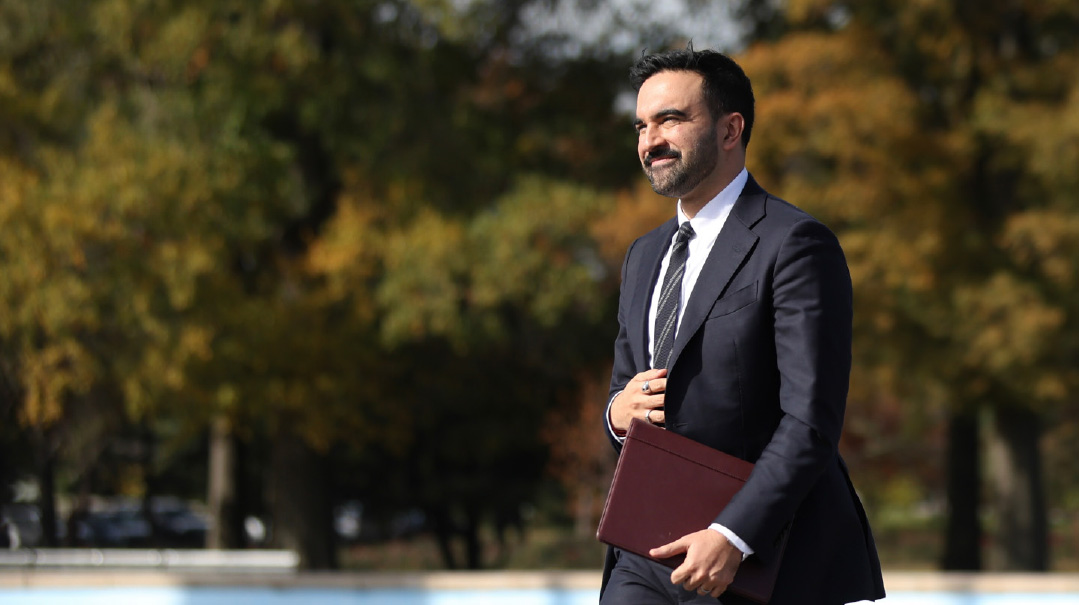Regrets and Lessons Learned

With five weeks to go until the election results are in, what regrets do political parties have?

It’s the time of year when Jews reflect on the actions we regret and how we can find the done and resolve never to repeat them. Do the political parties do the same? With five weeks to go until the election results are in, what regrets do political parties have? I asked party activists, campaign insiders, and major donors what are the consensus regrets and lessons learned.
Republican Party
J.D. Vance
Prior to the vice presidential debate, the consensus opinion on Vance was, “It wasn’t a great pick. Trump is now the oldest presidential candidate in American history and the vice president would not only have to step in if need be but would also be the future standard-bearer. Trump has signaled that he wouldn’t run in 2028 if he were to lose. J.D. Vance will figure into the GOP’s soul-searching at some point. If Trump wins, someone will have to carry the torch afterward. If Trump loses, there will be an identity crisis and internal reckoning.
Lessons Learned?
The vice presidential debate seems to have had an impact on how Vance is perceived. The consensus is that the forum highlighted his strengths; he projected a command of public policy and showed an ability to parry with Tim Walz on a variety of issues and points. The election results will ultimately show if Vance was a good pick, but as a 2028 candidate, he offers a ray of hope for the Republican Party.
Top of the Ticket
“Why couldn’t it have been Nikki Haley?” remarked one Republican.
Many Republicans feel that had the party picked a different standard-bearer, this race wouldn’t be close. After Biden’s disastrous debate, there were polls showing blue states up for grabs. Now? It’s tied. Why did it have to be this way? With a different nominee, the GOP could have cruised to victory. Instead, there is massive regret as the party struggles to win back the Senate and White House.
Lessons Learned?
Republicans thought they had a deep bench. But a number of primary candidates couldn’t seem to elevate their brand. It wasn’t just Trump who hurt them, but also their inability to connect with voters outside their home states. The reality is that Trump maintains control of his party and there is no alternative until somebody wrestles it away.
The Summer That Could Have Been
“Don’t talk to me about those months.” In the early summer, Biden was at his lowest point of popularity and Trump had miraculously survived an assassination attempt, which skyrocketed his popularity to record highs. Then it all disappeared. We will soon see whether those months were too costly, but it looms large on the list of regrets.
Lessons Learned?
I wrote an earlier column how Trump doesn’t run a conventional campaign, and that this is the worst part of that chaos. The good news for Republicans is that they have a month to go. They are trying to ignore the past and move forward.
Democratic Party
How Is This Tied?
One refrain I kept hearing from Democrats over and over was, “It shouldn’t be this close.” On the one hand, the Democratic Party should be grateful that it’s so close. In American political history, no candidate has ever run a presidential campaign with less notice or time than Kamala Harris. To be tied is remarkable, but that’s not enough. After Trump’s lousy August and September, why isn’t she farther ahead?
There is nervousness that whatever got Harris to within striking distance is not enough to give her the lead. The Harris campaign has been criticized for its buttoned-down campaign, which avoids hard interviews or impromptu moments. This approach doesn’t currently seem to be helping her take command in pivotal swing states.
Lessons Learned?
The Democratic Party is also soul-searching . What happens if Harris loses? Who is the leader of the party? Some of that sentiment is starting to seep into the conversation over why she isn’t farther ahead, and there are already some internal discussions as to whether Harris can lead the party into the future.
Big City Worries
“Our cities are dragging us down” was an interesting tidbit one person told me. A few years ago, Texas and other border states began sending migrants to cities with favorable immigration policies. The result? Disaster. Cities in blue states couldn’t handle the influx, and it exacerbated other issues such as taxes, crime, and education spending. There is a real feeling that the party is being hurt by major cities under Democratic management being unable to handle these issues.
Lessons Learned?
The Democratic Party needs a real answer to immigration. Arizona has a state ballot measure on this issue, and it could swing the presidential race. How much longer can the party not give an answer to voters on one of their top concerns? Insiders feel like there needs to be serious public policy to handle this issue before the 2026 midterms.
Trump’s Age
For some inexplicable reason, the Democrats can’t seem to tie Trump’s age to his candidacy. Insiders feel that this should be a liability and can’t understand how it hasn’t become a campaign issue. Think about this: Trump is the oldest candidate in history, and yet the age gap between him and Harris hasn’t dragged him down in the polls the way it did Biden. This inability to leverage Trump’s age as an issue is also due to the Harris campaign’s very structured approach. As mentioned above, this approach has gotten her thin leads in several polls. But she hasn’t been able to capitalize on Trump’s weaknesses, which could skyrocket her chances.
Lessons Learned?
The Democratic Party has learned its lesson the age issue. I don’t think they’ll ever run a candidate as old as Biden again. Likely that’s the case for the Republican Party as well. It is now a campaign issue for any candidate despite the Democratic Party’s inability to take advantage of it.
(Originally featured in Mishpacha, Issue 1032)
Oops! We could not locate your form.







